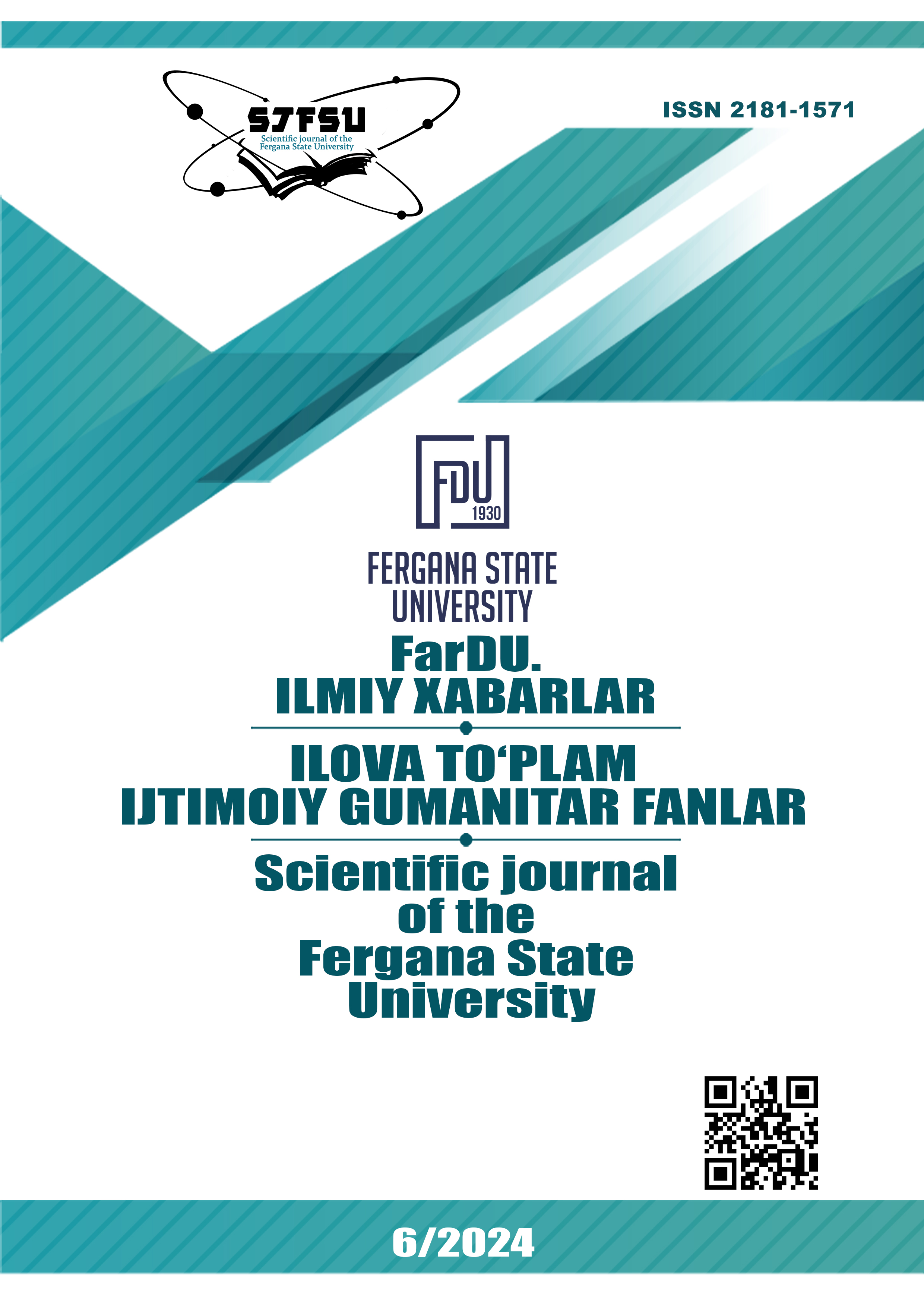INTERLINGUAL CORRESPONDENCE AS A FACTOR IN ENRICHING PHRASEOLOGY AND IDENTIFYING ISOMORPHISM AND ALLOMORPHISM OF LANGUAGES
Keywords:
Phraseological units, isomorphism, allomorphism, intercultural communication, language contact, cultural adaptation, pragmalinguistics, media discourse, multilingualism, globalization, phraseology classification, semantic structure, cultural concepts, translation strategies.Abstract
This article examines the impact of mass informatization and globalization on language contact, focusing on the derivation and borrowing of phraseological units in English, Russian, and Uzbek. It explores the isomorphic and allomorphic properties of phraseological units, analyzing their semantic, structural, and cultural dimensions. Drawing on examples from media discourse, the study highlights the role of cultural adaptation and translation strategies in preserving or transforming meaning across languages. A classification of media phraseological units into traditional, traditional-rethought, computer, and media-specific categories is proposed, reflecting the evolving nature of phraseology in response to technological advancements and the influence of the Internet. The findings reveal that phraseological units are deeply intertwined with cultural concepts, emphasizing their importance in intercultural communication and linguistic analysis. This research provides valuable insights into the pragmalinguistic properties of phraseological units and their relevance in multilingual and multicultural contexts.
References
Abdullayeva D.Sh (2022) Linguistic pragmatics of phraseological idioms. Frontline Social Sciences and History Journal, 02(01). p. 19-27
Курилович Е. Понятие изоморфизма / Е.Курилович// Очерки по лингвистике: сб.ст. - М., 1962. - С.21-36.
Федуленкова Т. Н. Изоморфизм и алломорфизм в германской фразеологии: на материале английского, немецкого и шведского языков: автореф.дис.доктора филол наук –Северодвинск М, 2006.
https://dic.academic.ru/dic.nsf/fin_enc/19611
https://ru.euronews.com/2021/11/17/uzbekistan-plov-index-rises
Downloads
Published
Issue
Section
License
Copyright (c) 2025 Scientific journal of the Fergana State University

This work is licensed under a Creative Commons Attribution-NonCommercial-NoDerivatives 4.0 International License.
How to Cite
Most read articles by the same author(s)
- Alieva Navruza Xabibullaevna, EVOLUTION OF NEW PHRASEOLOGICAL UNITS IN THE ERA OF DIGITIZATION , Scientific journal of the Fergana State University: No. 3 (2024): Scientific journal of the Fergana State University. Application set (Social humanities sciences)

